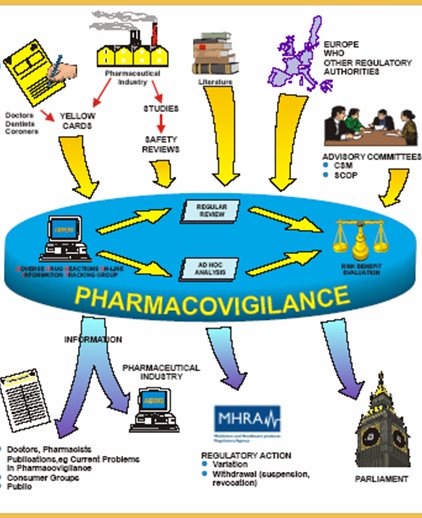Today we bring you the 10 Mistakes diagnostic medical student should know in order to avoid them at all costs when medical





Although physicians receive extensive and comprehensive training, they are still human, and make mistakes, but unfortunately, the failure of a physician can cost the life of one or more persons. Therefore, since faculty, medical students should be mindful commit these mistakes to avoid at all costs. That's why today we bring you the 10 Mistakes diagnostic medical student should know.
1. Late diagnosis
Late diagnosis occurs when there is a delay between the first visit of the patient and the correct diagnosis of a medical condition. Misinterpreted and / or disregard the symptoms presented by the patient, the assumption of benign conditions of caregivers to health, failures in reviewing laboratory reports and diagnostics, and failures to not continue the evidence just because the first test revealed no evil (X-rays, CAT scans, etc.), all this can lead to late diagnosis.

2. Failures to order tests
Failures to lead preventive maintenance and basic tests such as pap smears and mammograms (to detect the disease in early stages) can result in misdiagnosis.

3. Disease-free patient
Often, a patient undergoes a painful and costly treatment, such as chemotherapy, radiation, and even in some cases, surgery to treat a disease that has ever had. When a patient free of disease has been misdiagnosed, and is still experiencing health problems, this can result in serious consequences, since the patient's ills have gone unnoticed and have most likely worsened.

4. Inadequate treatment
A variety of circumstances in which a patient may be misdiagnosed and be subject to improper treatment and avoidable procedures. These may include the wrong leg amputated the wrong transplantation of an organ or operation, improper administration of chemotherapy, and / or erroneous prescription medication.
5. Loss Records
When medical records are lost or routed in place, the complete history of a patient, including diagnostic laboratory results (blood), radiological examinations (X-rays), and plans for treatment, etc., they may to be hazardous and result in misdiagnosis.

6. Inadequate Evaluation of Results of Testing
Doctors may inappropriately assessing the results of a test or misread what you reveal, leading to misdiagnosis. Doctors may fail to read the CAT scans accurately and thus fail to detect internal bleeding, injury to the spinal cord and brain, causing illness or injury unmet progress. The misreading of MRI may lead to wrongly guided surgery and a misguided brain cancer diagnosis. X-rays, if not properly read, can prevent doctors recognize and treat serious diseases such as lung cancer, skin or chest.
7. Inadvertent Underlying Disease
Inadvertent underlying disease is a form of misdiagnosis common conditions have no symptoms or the symptoms are vague, and / or there is a lack of proper understanding. For example, dermatologists, doctors specially trained in clinical diagnosis of skin biopsies, are not always used in skin tests due to restrictions in the plans of health insurance. Pathologists generally not specifically trained in skin biopsies can misinterpret these biopsies and diagnose a fatal skin cancer in power like a simple rash. Doctors have also misdiagnosed breast masses in men as gynecomastia, overdevelopment and harmless breast tissue usually caused by the female hormone estrogen.
8. Related Diseases
The diseases that share the same underlying symptoms can be confused with frequency. Pulmonary tuberculosis is often confused with respiratory problems and the common cold. Frontotemporal dementia, or FTD, is a term that includes several serious brain disorders that are often misdiagnosed as Alzheimer's disease. The Celiac disease is a genetic disorder that is often misdiagnosed as if they were other disorders such as chronic fatigue, fibromyalgia, or irritable bowel syndrome. A Celiac disease untreated can lead to an increased risk of cancer.
9. Drugs that cause side effects
Sometimes misdiagnosis may be caused by the medication the patient is taking. Numerous drugs have serious side effects, not only those resulting from medical prescriptions, but also those purchased over the counter without a prescription and alternative medicine. For example, prolonged use of steroids prescribed drugs sometimes can cause diabetes, and excess in the use of medications for headaches that are bought over the counter, can actually cause chronic headaches.

10. Never visit a doctor
This is a type of error that is only the fault of the patient. A person may be keeping an adverse health condition that remains hidden because they never visit a doctor even experience physical symptoms or not.
No comments:
Post a Comment